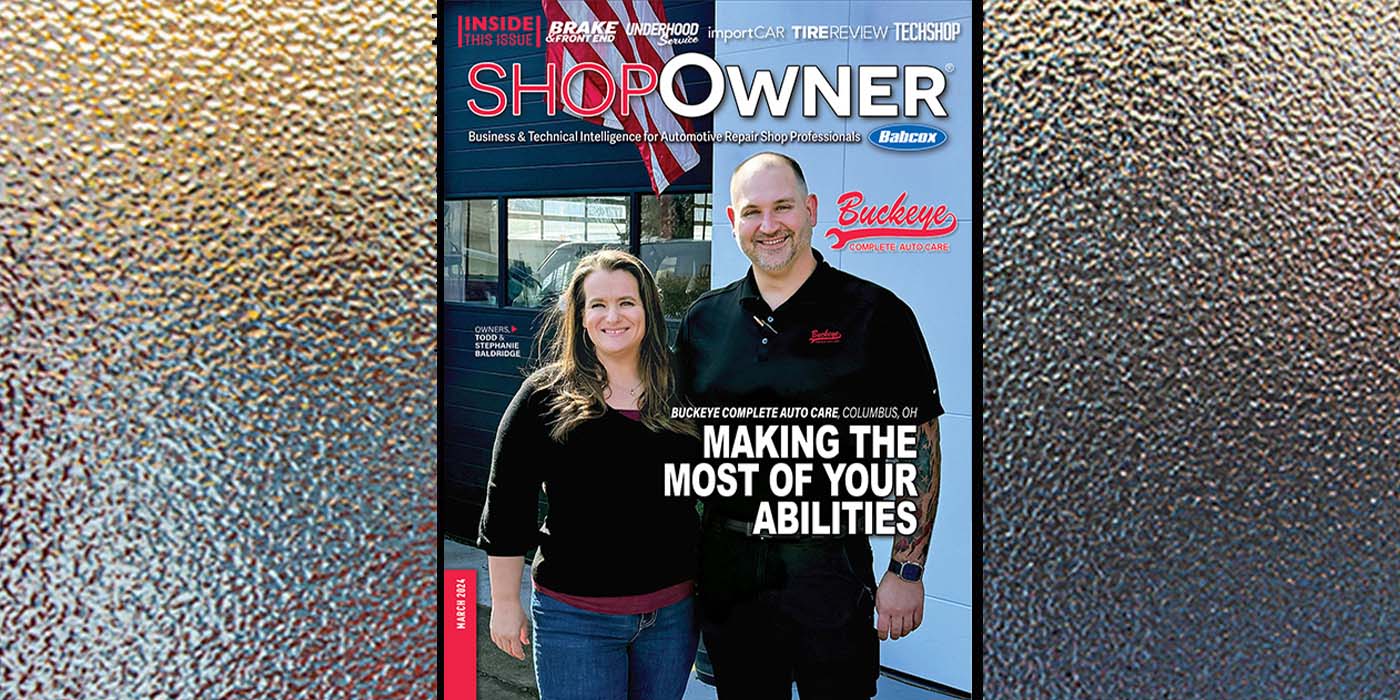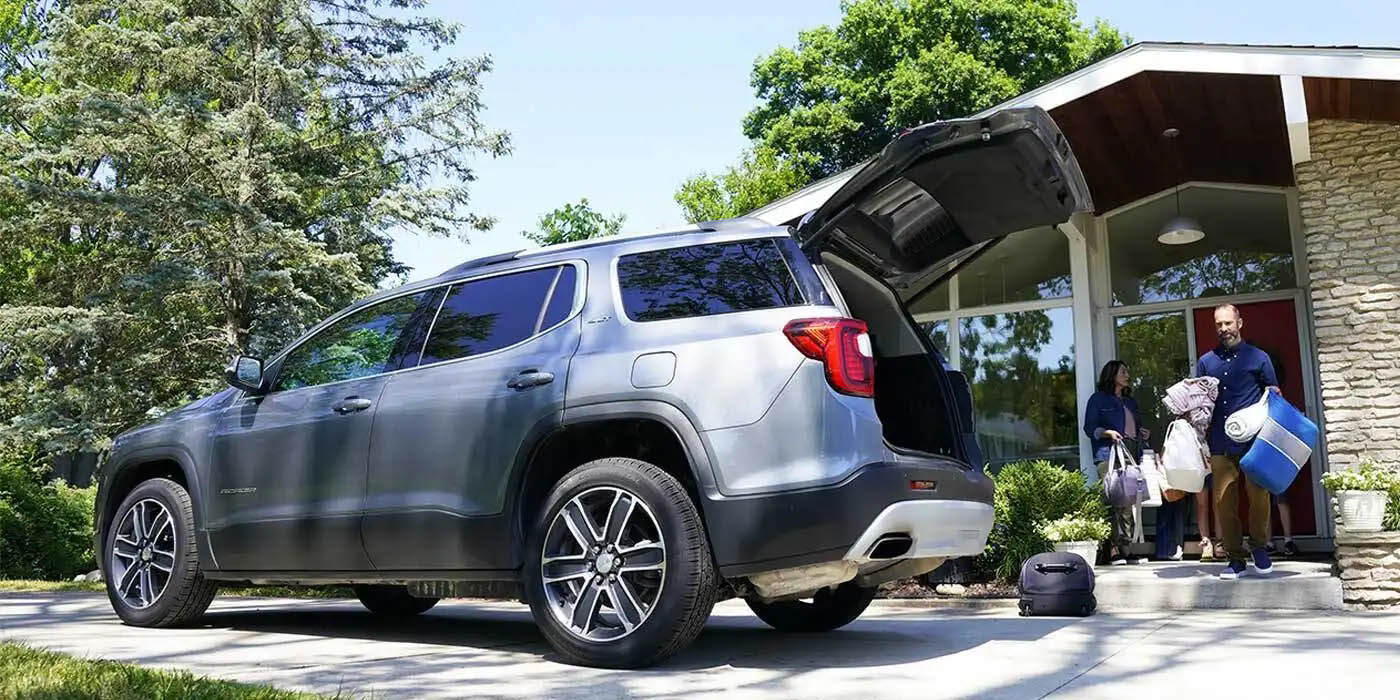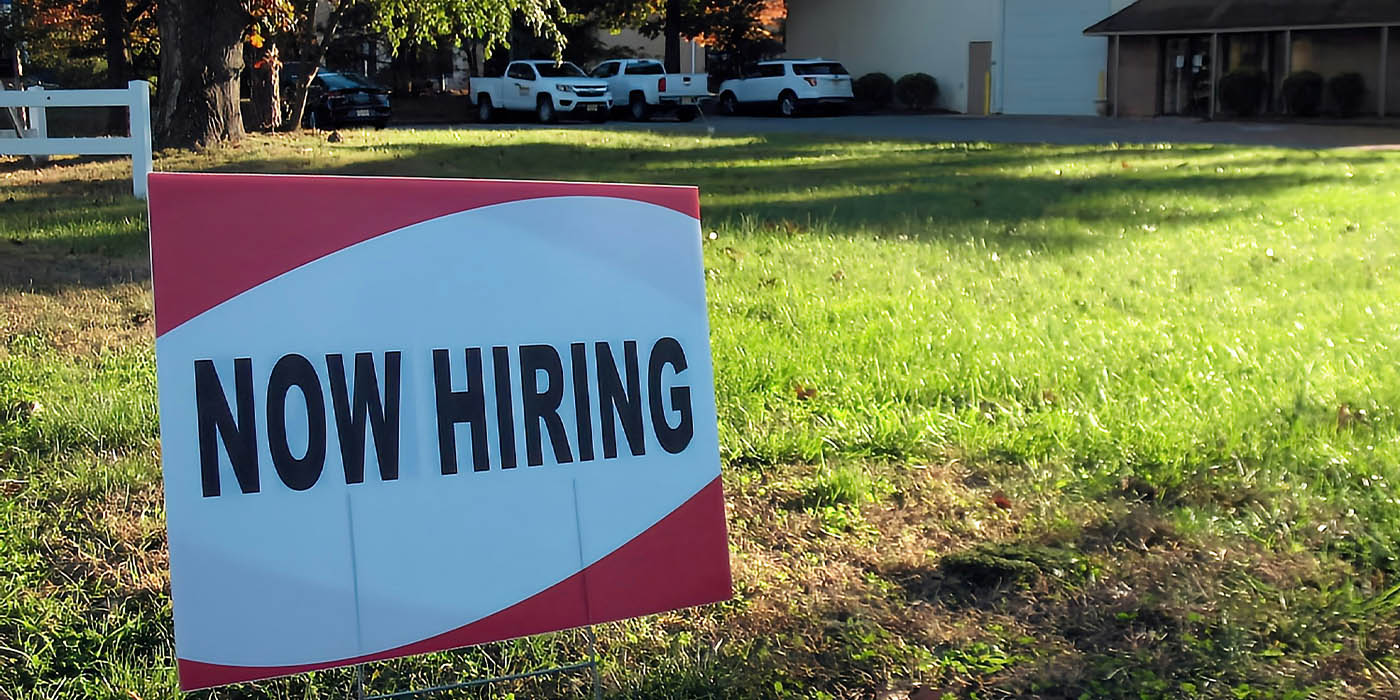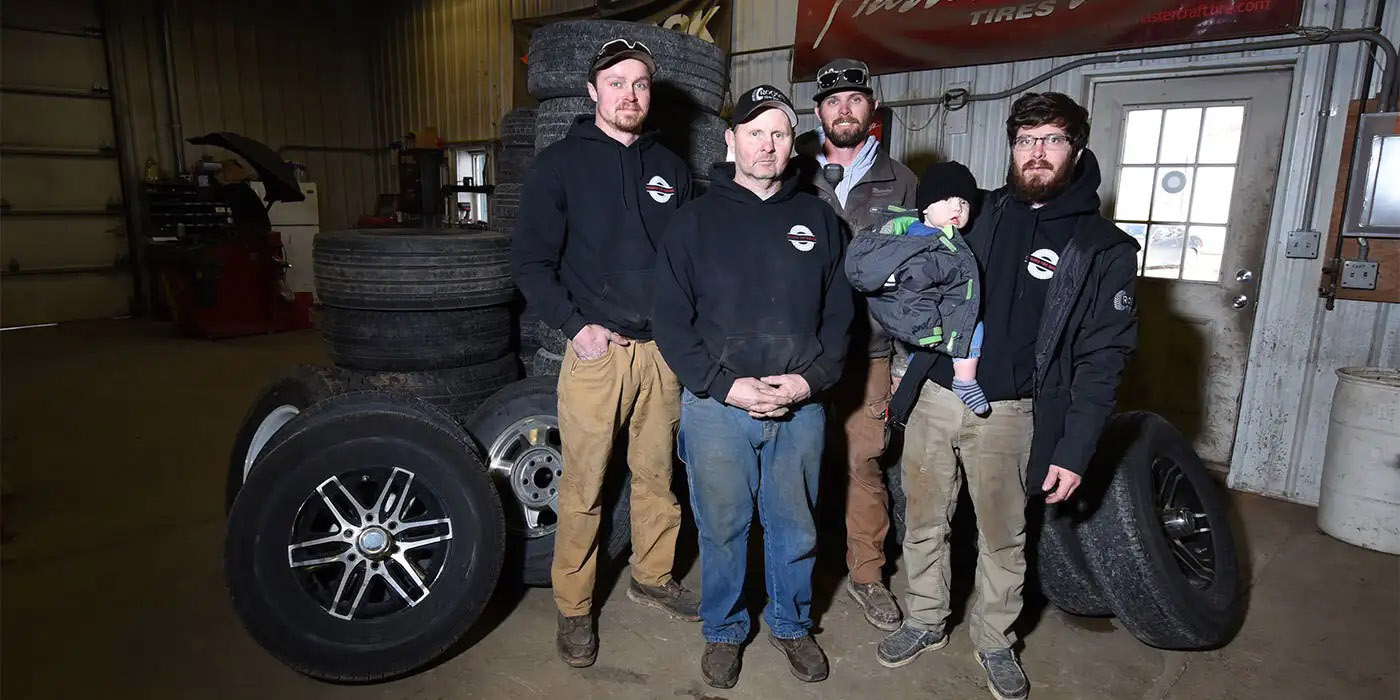
According to customer experience research and consulting firm Temkin Group, customers judge their experience with any business based on three basic components: success, effort and emotion.
From a customer’s perspective, success means, “Can I do what I want/need to with the business?” In the very likely event your business has “tire” and/or “auto service” in its name, then customers recognize there’s a high probability that you can satisfy their tire and/or vehicle service needs before they even contact you.
Effort means “how easy is it for me to do what I want/need to with the business?” This is about convenience and the ease of doing business with you. Along with multiple locations, most of my clients have extended hours plus shuttle transportation and/or loaner vehicles to make it as easy as possible for them to get their vehicle serviced.
Emotion means “how does the interaction make me feel?” Temkin Group’s research shows this emotion area is far and away the lowest rated component of customer experience of the 20 industries they examine. In these past 10 years of specializing in the tire/auto service industry, I can confirm that this is absolutely the lowest performing area for tire dealers as well.
Why is this important? Because emotional engagement is a major driver of customer loyalty and advocacy for your brand.
Understandably, people prefer to be treated like human beings. Sadly, most tire/auto service businesses fail at this critical “emotion” component. With no process in place, they default to treating customers like just another job, another ticket, another vehicle in their daily car count.
As an example, about seven years ago, I was on an undercover mission visiting a half dozen or so of my client’s stores to check out employees on the job before I trained them. For this, I would spend two or three hours in the morning and two or three hours in the afternoon at each location, observing interactions from the waiting area. Of course, without a vehicle being serviced, employees would certainly become suspicious of me hanging around, so through the ownership, I was introduced as a consultant who would be evaluating how customers were using the waiting area to suggest improvements. In reality, I wasn’t doing that at all. I was watching the employees and how they interacted with customers and each other.
A woman who appeared to be in her mid 30s arrived, and I overheard her communicating with the counter salesperson that she had an appointment scheduled for a front brake job on her Toyota Camry. She was told the work would take about two hours to complete, and surprisingly, she decided to wait while the work was being performed. I witnessed her entire experience, start to finish from arrival to departure.
At the counter, the salesperson responded to her desire to wait with “Okay, we’ll call you when it’s ready.” She sat directly across from me in the rather bleak waiting area featuring eight chairs, the Sunday newspaper (it was Wednesday), three Car & Driver magazines (I read all of them), and a 40-in. flat-screen TV that played CNN the entire time.
Approximately two hours and 10 minutes later, one of the counter salespeople called out “Toyota Camry.” At that time, there was only one other customer in the waiting room with us. Realizing her vehicle was being called, she raised her gaze from the book she was reading and the employee instructed, “All set.”
Back at the counter, the employee turned her invoice around and pointed down to it: “We did the brakes with new rotors and pads, just sign this, and I’ll take your credit or debit card.” She paid and left. Not once did any of the three employees working the front of the store use her name or even bother to check in with her while she waited.
Here’s some of what I discovered within the first hour of her sitting with me in the waiting area.
Although the salesperson called her “Toyota Camry,” her real name was actually Joanna (her friends call her Joan). She told me that she had been to the business “several times” in the past. I asked her why she returned and if she only used them for all her vehicle-service needs. She said, “I usually come here for repair stuff but (naming a tire shop down the street) has better deals on tires.”
Very interesting.
Joan had lived in the area for 10 years now, originally from a town about 50 miles away on the South Shore of Boston. Being familiar with that area, we chatted about her hometown and laughed about the difference between South Shore and North Shore folks. This was her second Toyota Camry. She’s “okay with it” but really wants a Lexus, preferably the SUV. She has two children, both girls, ages six and almost nine. The younger child was just starting first grade and this was “a big deal.” With both girls now in school, she could now do exciting things like hang out with me at a tire shop. I could go on, but I’m sure you get the idea.
You may be thinking, “It’s easy to discover all that personal information when you have that much uninterrupted, one-on-one time together. I’m too busy with customers at the counter, incoming calls, parts deliveries, etc.” I get it. The employees at this business had all that, too. However, they also had what I had – opportunity. In the interactions they did have with Joan, they neglected to ask her anything outside of the scope of the business at hand. They had more than enough time to do so. Instead, they treated her like just another vehicle in the building and missed every opportunity to connect with her on a personal, emotional level.
The saddest part is Joan offered to me that she had been to the business “several times” in the past. No employee seemed to care, much less acknowledge this. There was nothing resembling, “Welcome back, Joan! We appreciate your return business.” As a professional observer, it was clear that the intent was purely business without any genuine interest in getting to know Joan as a human being.
Given the complete devoid of humanity, it should not surprise anyone that the next time Joan needs her vehicle serviced or replacement tires, she’ll shop around for the lowest price as her primary purchase influencer. At the end of the day, she is an existing customer based primarily on the “effort” component and the fact that she finds the business geographically desirable. She may or may not come back for vehicle service (already not considering for tires) depending on what coupon is in her mailbox.
Her customer experience was laughably lousy compared to those of my many tire/auto service clients who simply excel at the emotional engagement skills this particular business so sorely lacked. The reason for this is not simply because we train continuously on the importance of this, but more so because we have embedded the essential emotional needs of customers – being recognized and remembered, valued, appreciated, respected and understood – into the sales process for all customer face-to-face and phone interactions.
Successful emotional engagement is the difference between simply making a sale and creating a customer for life. It will not happen by accident.
Steve Ferrante is the CEO of Sale Away LLC. As producer and host of the highly acclaimed “Pinnacle Performance Training” program, Steve is recognized as the leading provider of sales, customer service and corporate culture training and coaching for independent tire/auto service businesses across North America. Steve can be reached at 866-721-6086 ext. 701 or [email protected].
Article courtesy TIRE REVIEW.













